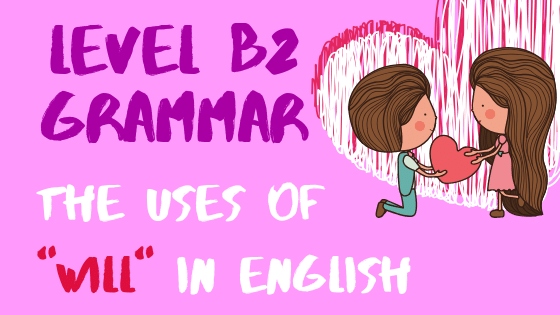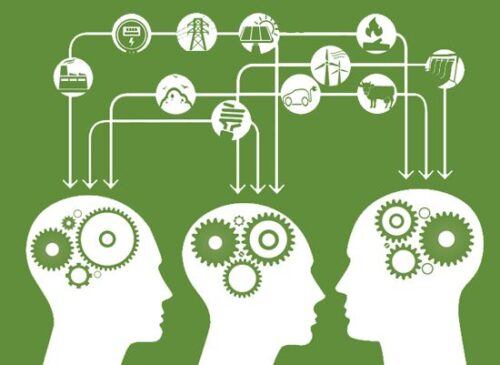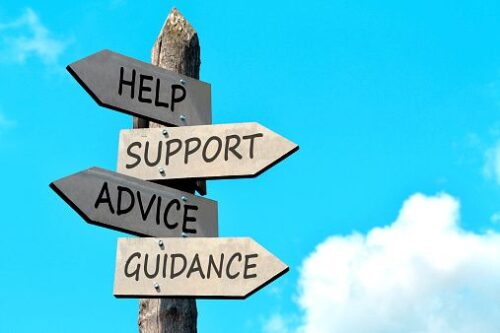Although we can use “will” in English to talk about the future, we normally use “will” to make predictions, talk about spontaneous decisions, and to make promises, offers, requests and threats. In this article, we explain how to use “will” in English with plenty of examples and links to songs that contain “will” in the lyrics.
Grammar Rules for using “Will” in English
“Will” is a modal auxiliary verb, meaning that there is no “s” on the third person singular conjugations. The main verb in the sentence is in the infinitive form (without “to”). The negative form is “will not” which is usually contracted in spoken English and we say “won’t”. Similarly “will” is sometimes contracted to “‘ll” when speaking.
Examples:
- I’ll bring a bottle of wine.
- You’ll enjoy the club!
- He won’t sign the document.
- She will find it difficult.
- We will do our homework!
- They’ll probably stay the night.
We make yes/no questions by changing the word order, “will” comes first:
- Will he sign the contract?
- Will they stay the night?
- Won’t she find it difficult?
And we can ask open questions by placing a question word before the modal verb “will”:
- Why won’t he sign the contract?
- Where will they stay the night?
- When will we do our homework?
- How will she find it difficult?
When to use “will” in English
- to express beliefs and predictions
- Spontaneous decisions
- to talk about willingness (what people want to do or are happy to do) – offers
- to make promises, requests and threats
Using “will” to express beliefs about the present or future
Although we don’t generally use “will” to talk about plans for the future, we can use it to talk about beliefs or predictions.
Examples:
- (Doorbell rings) “That will be Jeremy, I invited him for coffee.” (belief – present)
- I think it’ll rain this weekend. (prediction)
- I’m sure she’ll be a highly acclaimed lawyer one day. (belief and prediction)
- I don’t think you will like him. (negative prediction)
Notice that for negative predictions, we make the “think” negative, not the “will”.
Song: Gloria Gaynor’s I will survive uses “will” in this sense. A more modern song with “will” to express beliefs and predictions is “Can’t feel my face” by The Weekend.
We use “will” when we are making spontaneous decisions
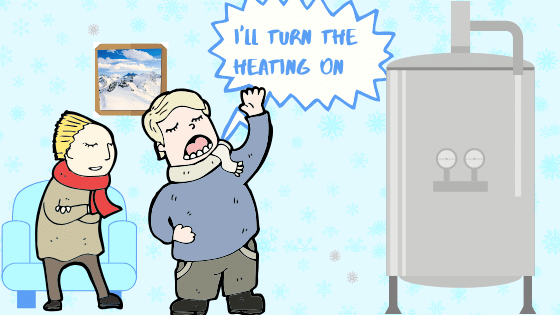
In a restaurant when the waiter or waitress asks you what you would like, you normally make a decision at more or less the time of speaking, for this reason we use the expression “I’ll have…”
For example:
- I’ll have the fish please.
- I’ll just have a coffee, I’m not hungry.
- We’ll share the starter selection.
- I’ll have what Phill’s having.
Of course, we can make spontaneous decisions in other situations such as:
- Someone is calling on the other line, I’ll have to call you back.
- I’m not sure when I’m free, I’ll let you know by tomorrow.
- I’m cold, I think I’ll turn the heating on.
How to use “will” to express willingness – offers
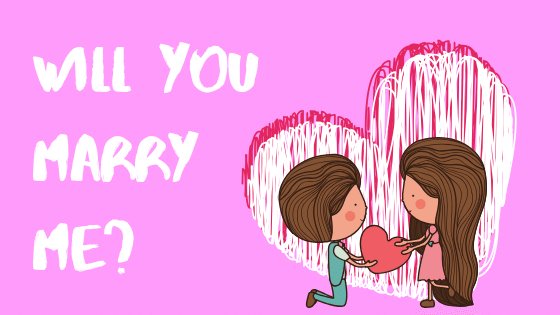
Willingness is a complicated word to explain, however, it is clear that it is derived from the word “will”. If I want to do something, if I am happy to volunteer to do something, I am willing to help. So when I speak to express that I am willing to help or to offer to do something I use “will”.
Examples:
- Don’t worry, I’ll go shopping tomorrow.
- I’ll help you make dinner!
- (Doorbell rings) “ I’ll get it!”.
- I’ll talk to him if you like.
- David will finish painting the garage for you.
All of the above examples are offers to help, even the last sentence, where David is being volunteered by someone else.
“Will not” or “won’t” mean to refuse to do something
In the same way that we can show willingness by using “will”, we can show the opposite attitude, a refusal to help with “will not” or “won’t”. Interestingly, this applies to animals and inanimate objects too.
- I can’t go with you on the trip today, my car won’t start.
- The donkey won’t budge.
- She won’t tell you her secrets.
- I won’t allow this to continue.
- The governors will not permit smoking on school property.
- Why won’t you come with me?
What’s your English level?
Find out by completing one of our level tests!
What’s your English level?
Find out by completing one of our level tests!
The question form “Will you…” is asking about willingness
The famous “Will you marry me?” is a question that asks if you want to marry me. Here are some other examples:
- Will you take your dog on holiday?
- Will they put their house on the market?
- Will Gail teach business English?
Song: Lana Del Rey’s Young and Beautiful uses “Will you” in this sense.
We use “will” to make promises
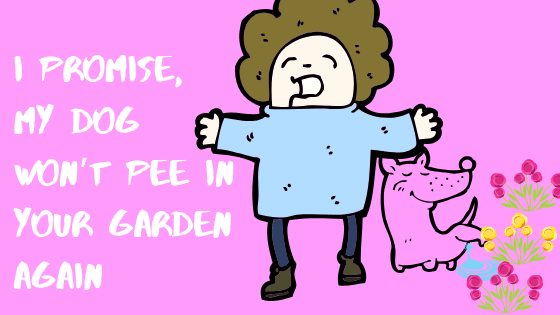
We often use words like “I promise, I swear, I assure you… ” to emphasise a promise about the future with will. Here are some examples:
- I swear I’ll never cheat on you again.
- I assure you we will do our best to get to the bottom of this.
- I promise, my dog won’t pee in your garden again.
Songs: Calvin Harris, Sam Smith’s – Promises uses “will” in the chorus – “I’ll give you everything”. Additionally, Jess Glynne promises “You’ll never be alone, I’ll be there for you”.
We use “Will you … ?” to make requests
With this type of question, we are asking if someone is willing to carry out the request.
Examples:
- Will you help me on this project, please?
- Will you sign this petition?
In reality, we use “Will you…” and “Would you…” to express that we are annoyed and we want someone to behave in a certain way:
- Will you please be quiet?
- Would you not eat my pants!
- Will you please just sign the form so that we can all go home!
- Would you please get your dog to stop barking!
Song: Will you be there by Michael Jackson is a simple request.
Using “will” to make a threat or give a warning
Admittedly, Peaky Blinders is not the best Netflix show to learn English with, but this clip where Grace warns Thomas Shelby that her song will break his heart is worth watching!
- “OK, but I warn you, it’ll break your heart”
Meat Loaf threatens in one of his blasting ballads:
- “In every way, I want you out of my life, but I’ll kill you if you don’t come back!”
Hypotheses and conditionals
We use will in first conditional sentences to say what will happen depending on the first clause:
- If it rains tomorrow I’ll cancel the trip to the beach.
- We’ll never finish the project if Charlotte doesn’t jump on board.
- You won’t get promoted unless you stick to the rules.
So we have gone through all the main points you need to know about how to use “will” in English, one final song: Will you by Hazel O’Connor has many examples of “will” in it! In fact, so many that if you can figure out which use of “Will” in English each example is – you will be a champion of this subject! You can find more examples of this grammar topic in our Business English post: 5 ways to stop employees procrastinating in the workplace

This article was written by Break Into English’s blog contributor and teacher trainer Elizabeth Drayton. Elizabeth specialises in creating dynamic and fun lesson plans for children and supporting all our teachers with resources and materials.

